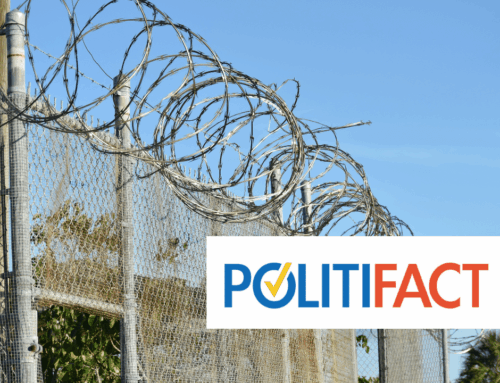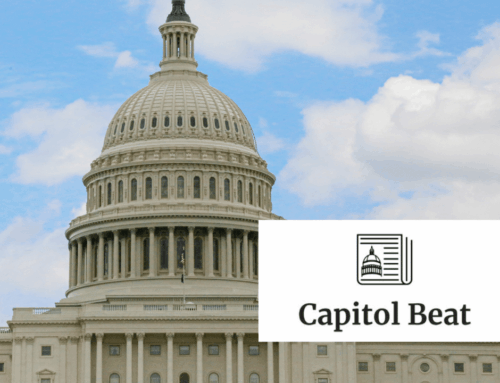A number of IRS reports released last week confirm that during the 1990s the wealthiest Americans got even wealthier. As the fortunes of these lucky few have skyrocketed, the amount of federal taxes they pay have plummeted.
Don't get us wrong — just like most American's, we all wish that Uncle Sam would take less out of our paychecks. But the IRS numbers speak for themselves: a very small number of well-to-do people are paying a lower tax rate than the vast majority of hard working Americans.
One percent of the nation's total income went to the 400 wealthiest taxpayers. The minimum income to qualify for this select club was $86.8 million in 2000 — more than triple the $24.4 million it took at the start of the decade. As recently as 1995, the richest 400 were taxed at a 30 percent rate after their deductions; by the end of the decade, the rate had fallen to 22 percent. And at the same time, record numbers of wealthy taxpayers were avoiding federal income taxes altogether.
In 2000-the year of the most recent IRS figures-2,328 taxpayers with incomes over $200,000 avoided paying federal income taxes completely. In 1977, there were just 60 taxpayers that weaseled their way out paying.
A reasonable response to these trends might be to close the loopholes which a fortunate few exploit to avoid paying an equitable share for government's costs. Instead, President Bush and Congress's tax plans have simply made it easier for the rich to get richer. Although the capital gains tax was decreased from 28 to 20 percent in 1997, this year they cut it again to 15 percent. They also lowered the dividend tax to 15 percent. According to a New York Times analysis of the I.R.S. numbers, the top 400 would have a 17.5 percent tax rate if the Bush tax cuts were applied today. This number, however, does not include any likely behavior changes-shifting compensation to dividends to take advantage of the lower rate, for example-so this group will likely pay even less than predicted in taxes in the future.
Just as the very, very rich build up their fortunes with ever-increasing incomes and lower tax rates, the estate tax will phase out and allow them to pass their obscenely large fortunes on to their children. This will have two major consequences: an unrivaled expansion of hereditary wealth and a reduction in the amount of charitable giving that often benefits lower income brackets the most. One of the effects of the estate tax was encouragement of charitable giving in wills — money would be heavily taxed if passed on to children and charitable giving would earn a deduction. A new study by the Brookings Institution found that if the estate tax had been repealed in 2001, charitable donations would have been reduced by $10 billion.
Enabling the well-off to continue to avoid paying their fair share will further erode the fiscal health of our nation by putting the growing deficit on steroids. According to numerous estimates, the federal budget deficit will exceed a record-breaking $400 billion this year.
The bottom line here is that this is an issue of fairness. The biggest beneficiaries of recent changes to our nation's tax code are those who needed it the least. As we watch their share of the tax burden get smaller, we've just learned that their burden wasn't so big in the first place.










